Demystifying Drill Bits: A Guide to the Different Types and Their Uses
Whether you're a DIY enthusiast or a professional tradesperson, choosing the right drill bit for your project can make all the difference in achieving precise and efficient results. With numerous types and sizes available, it can be overwhelming to navigate the world of drill bits.
In this comprehensive guide, we'll delve into the different types of drill bits and their specific uses, providing you with the knowledge to make informed decisions for your drilling needs. From twist bits and spade bits to hole saws and masonry bits, we'll demystify each type, explaining their unique features, applications, and benefits.
Understanding the characteristics and suitable applications of each drill bit type is essential to maximize your productivity and ensure safer drilling operations. With this guide, you'll gain the confidence to tackle various projects, from basic woodwork to heavy-duty metalwork and everything in between.
Unlock the potential of your drill and elevate your craftsmanship with our expert insights. Get ready to drill like a pro!
Common Types of Drill Bits
Drill bits come in various shapes and sizes, each designed for specific tasks. Let's explore the most commonly used types of drill bits and their applications.
Twist Drill Bits
Twist drill bits are the most versatile and widely used type of drill bits. They have a spiral shape and sharp cutting edges that help remove material as you drill. Twist drill bits are suitable for drilling holes in a variety of materials, including wood, metal, and plastic. They come in different sizes, ranging from small diameters for delicate work to larger diameters for heavy-duty applications.
When using twist drill bits, it's important to use the correct speed and apply consistent pressure to prevent overheating and ensure optimal drilling performance. Twist drill bits are ideal for general-purpose drilling tasks and are a staple in every toolbox.
Masonry Drill Bits
Masonry drill bits, also known as concrete drill bits, are specifically designed for drilling into hard materials such as concrete, brick, and stone. They have a carbide or diamond tip that helps provide the necessary strength and durability to penetrate tough surfaces. Masonry drill bits are commonly used in construction and renovation projects, where drilling into masonry materials is required.
When using masonry drill bits, it's important to use a hammer drill or rotary hammer for added impact, as these bits require extra force to penetrate hard surfaces. Always ensure you're wearing appropriate safety gear, such as goggles and a dust mask, when working with masonry drill bits.
Spade Drill Bits
Spade drill bits, also known as paddle bits, are designed for drilling large diameter holes in wood. They have a flat, paddle-like shape with a pointed tip and two cutting edges on the sides. Spade drill bits are commonly used in woodworking projects, such as installing door locks, creating holes for electrical wiring, or drilling holes for plumbing pipes.
When using spade drill bits, it's important to use them at a slower speed to prevent splintering or tearing of the wood. It's also recommended to use a center punch to create a starting point for the bit to prevent it from slipping. Spade drill bits are an essential tool for any woodworker.
Forstner Drill Bits
Forstner drill bits are designed for drilling precise, flat-bottomed holes in wood. They have a cylindrical shape with a central point and sharp cutting edges around the circumference. Forstner drill bits are ideal for creating pocket holes, mortises, and dowel holes in woodworking projects.
Unlike other drill bits, Forstner bits don't have a spiral shape, which eliminates the risk of tearing or splintering the wood. They work best at a slower speed, allowing the cutting edges to smoothly remove material without causing any damage. Forstner drill bits are a must-have for any woodworking enthusiast looking to achieve clean and precise holes.
Hole Saw Drill Bits
Hole saw drill bits, as the name suggests, are used for drilling large diameter holes, typically in wood or thin metal sheets. They consist of a cylindrical saw blade with teeth that cut into the material. Hole saws are commonly used in plumbing, electrical, and carpentry work, where large holes are required for pipes, cables, or recessed lighting.
When using hole saw drill bits, it's important to use them at a slower speed and apply consistent pressure to prevent the saw from getting stuck or overheating. It's also recommended to use a pilot drill bit to create a guide hole for the hole saw. Hole saw drill bits are a versatile tool for various installation and renovation projects.
Step Drill Bits
Step drill bits, also known as cone drill bits or unibits, are designed for drilling holes of different sizes in thin materials, such as metal sheets or plastic. They have a cone-shaped structure with multiple stepped levels, each corresponding to a specific hole diameter. Step drill bits are commonly used in electrical work, HVAC installations, and metal fabrication.
When using step drill bits, it's important to use them at a slow speed and apply minimal pressure to prevent the material from warping or deforming. Step drill bits provide clean and precise holes without the need for multiple drill bit changes. They are a convenient tool for professionals and DIY enthusiasts working with thin materials.
Auger Drill Bits
Auger drill bits, also known as wood boring bits, are designed for drilling deep holes in wood. They have a spiral shape with a threaded tip that helps pull the bit into the wood as it rotates. Auger drill bits are commonly used in construction, carpentry, and furniture making.
When using auger drill bits, it's important to use them at a slow speed and apply steady pressure to prevent the bit from jamming or splintering the wood. Auger drill bits are available in different lengths and diameters, allowing you to drill deep and wide holes with ease. They are an essential tool for any woodworker or carpenter.
Conclusion: Choosing the Right Drill Bit for Your Project
Choosing the right drill bit for your project is crucial to achieve accurate and efficient drilling results. By understanding the different types of drill bits and their specific uses, you can make informed decisions based on the material you're working with and the hole size you need.
Remember to consider the characteristics and suitable applications of each drill bit type, as well as the necessary speed and pressure requirements. Always prioritize safety by wearing appropriate protective gear and using the correct drilling techniques.
With the knowledge gained from this guide, you'll be equipped to tackle a wide range of projects, from basic woodwork to heavy-duty metalwork. So go ahead, grab your drill, and unleash your craftsmanship with confidence!
Now that you're armed with the essential knowledge of drill bits, you can confidently choose the right type for your next project. Whether you're drilling into wood, masonry, or metal, there's a drill bit designed to meet your specific needs. Happy drilling!

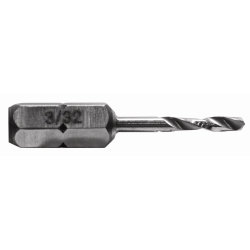
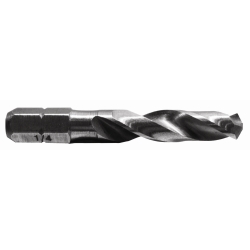
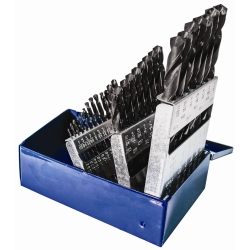
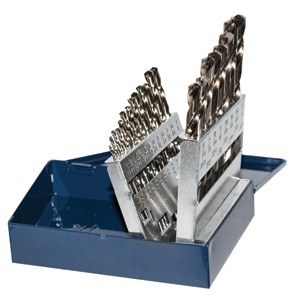
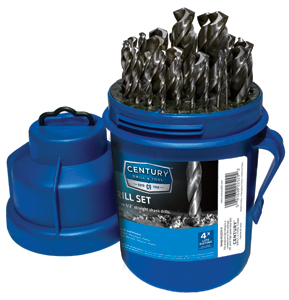



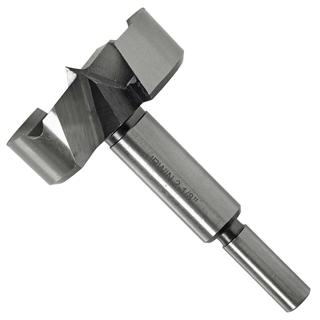

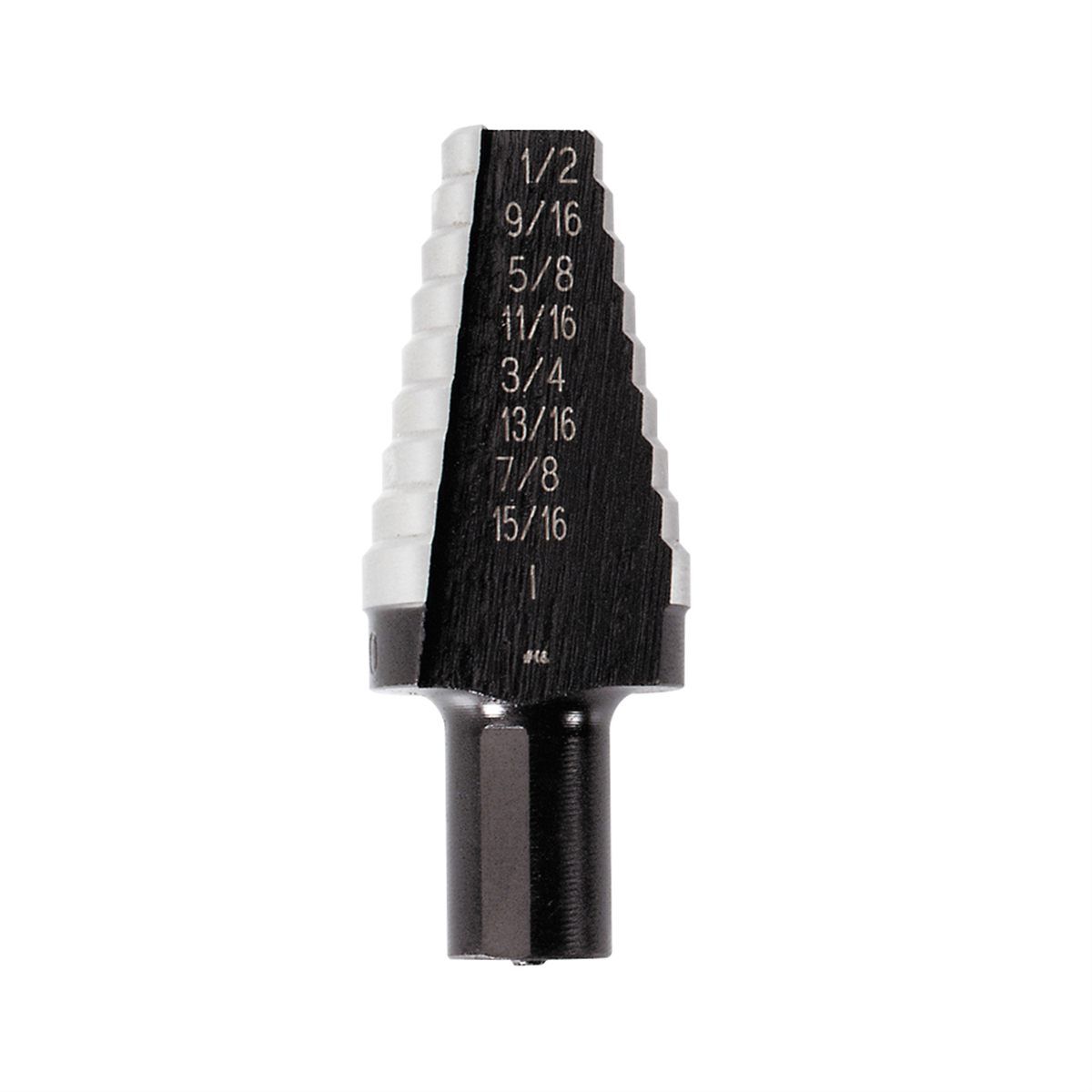


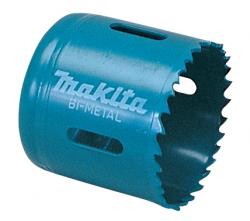

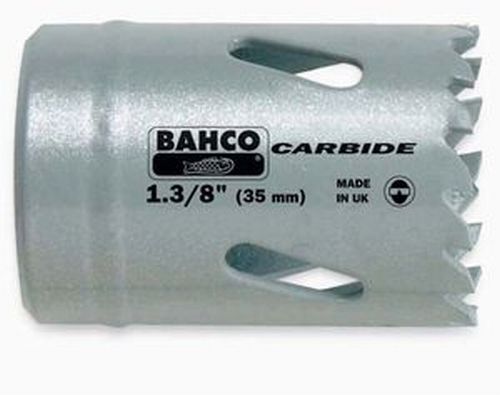

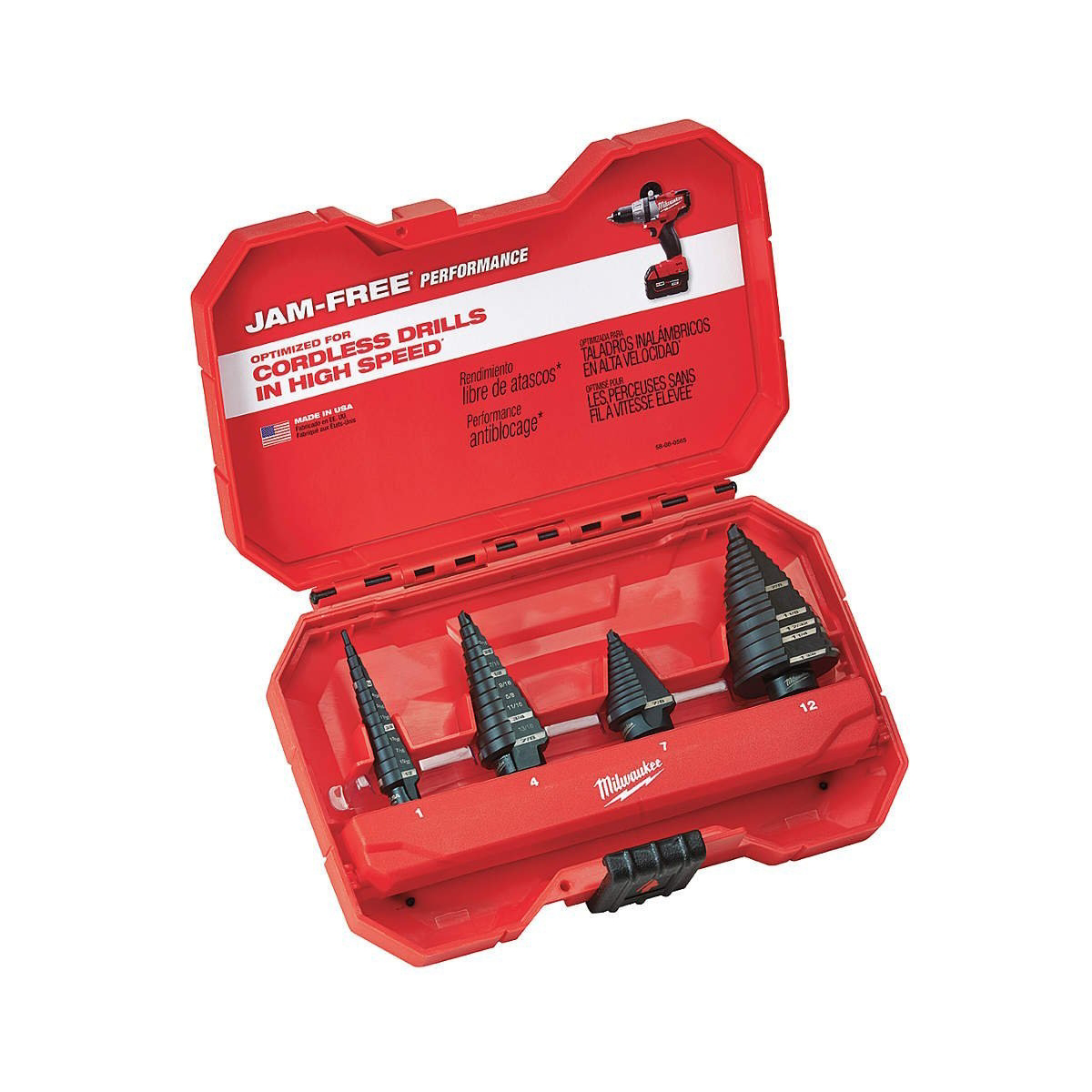
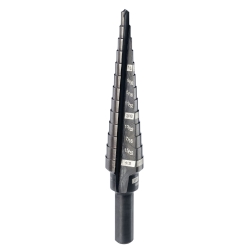

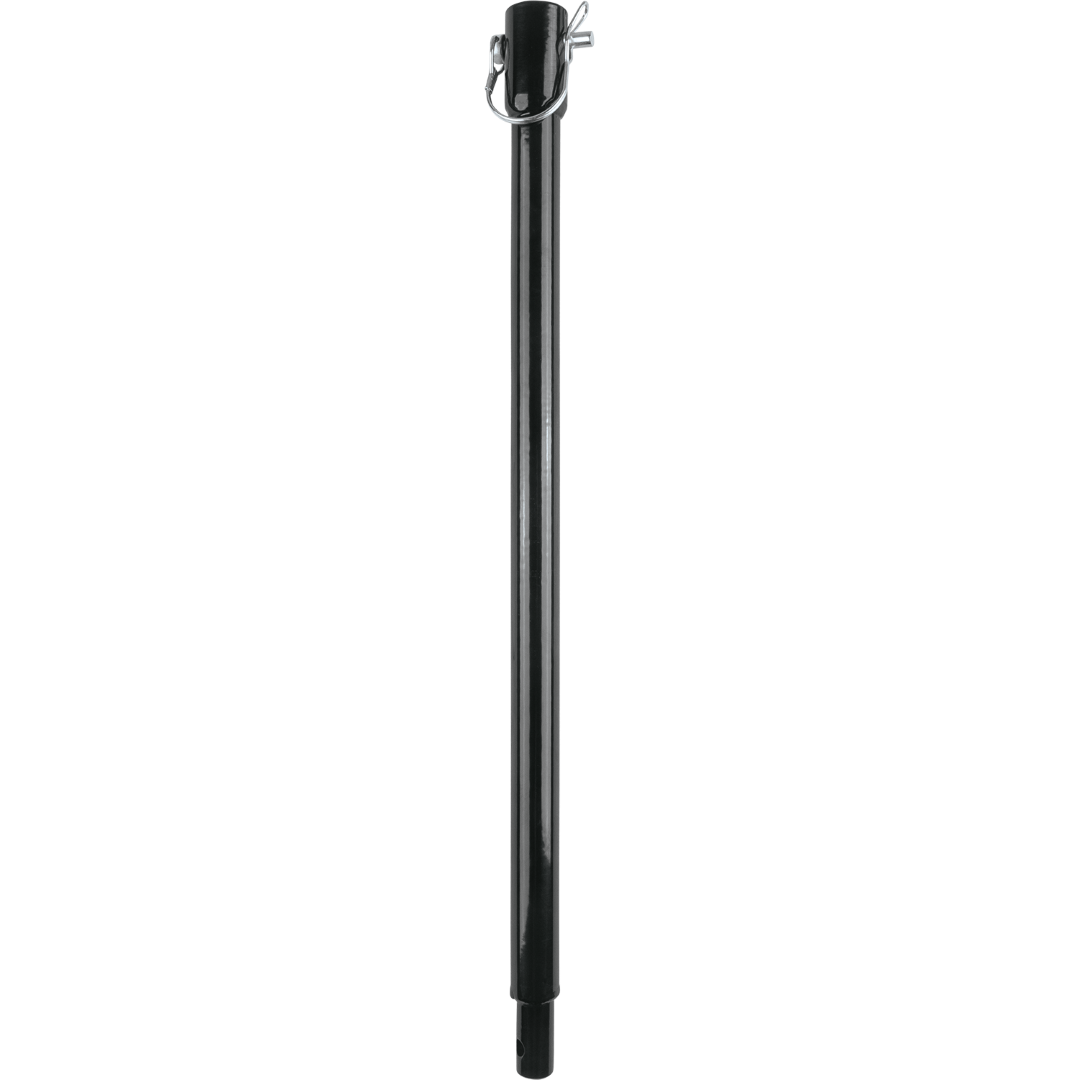
Follow us on social media